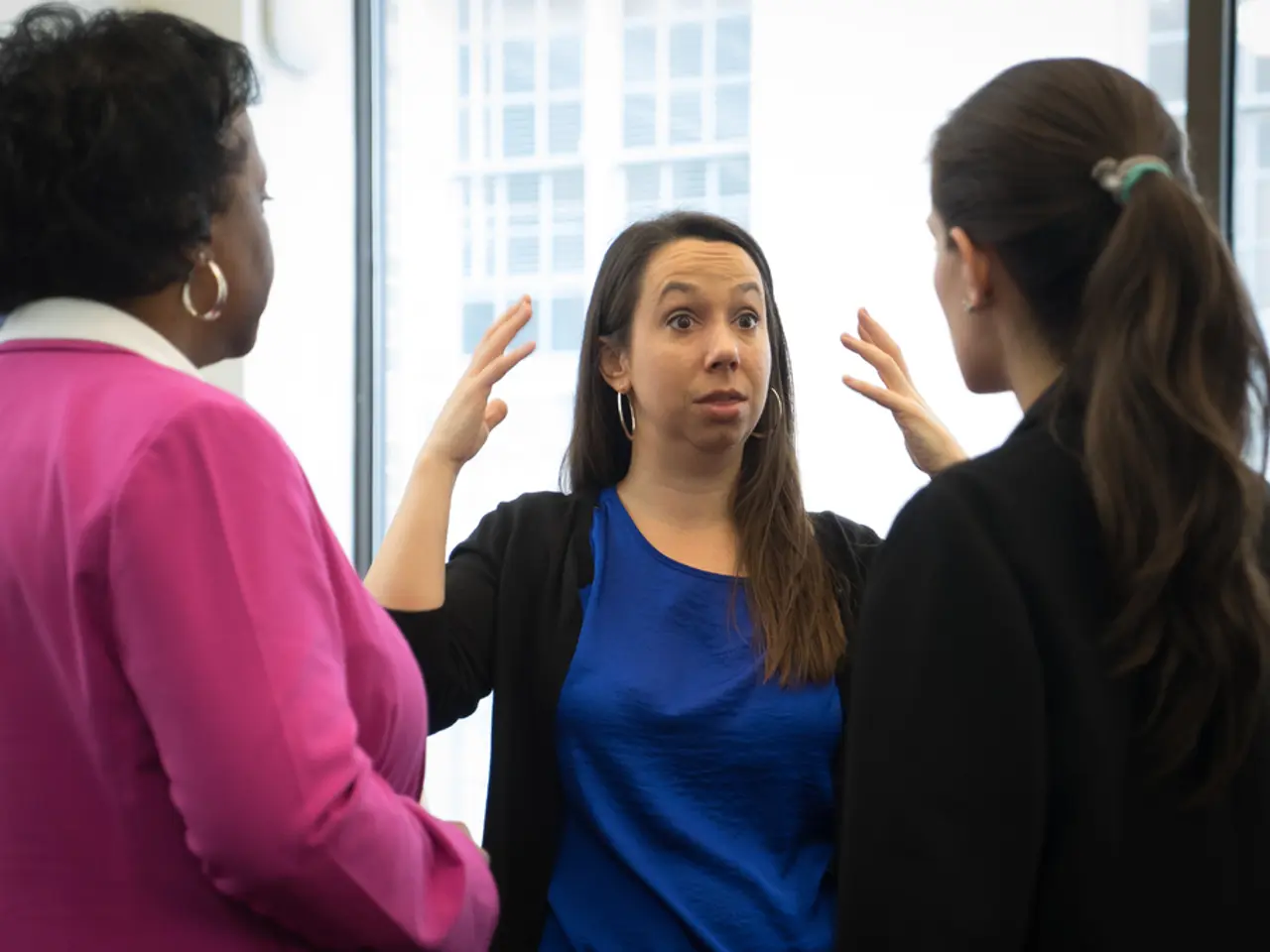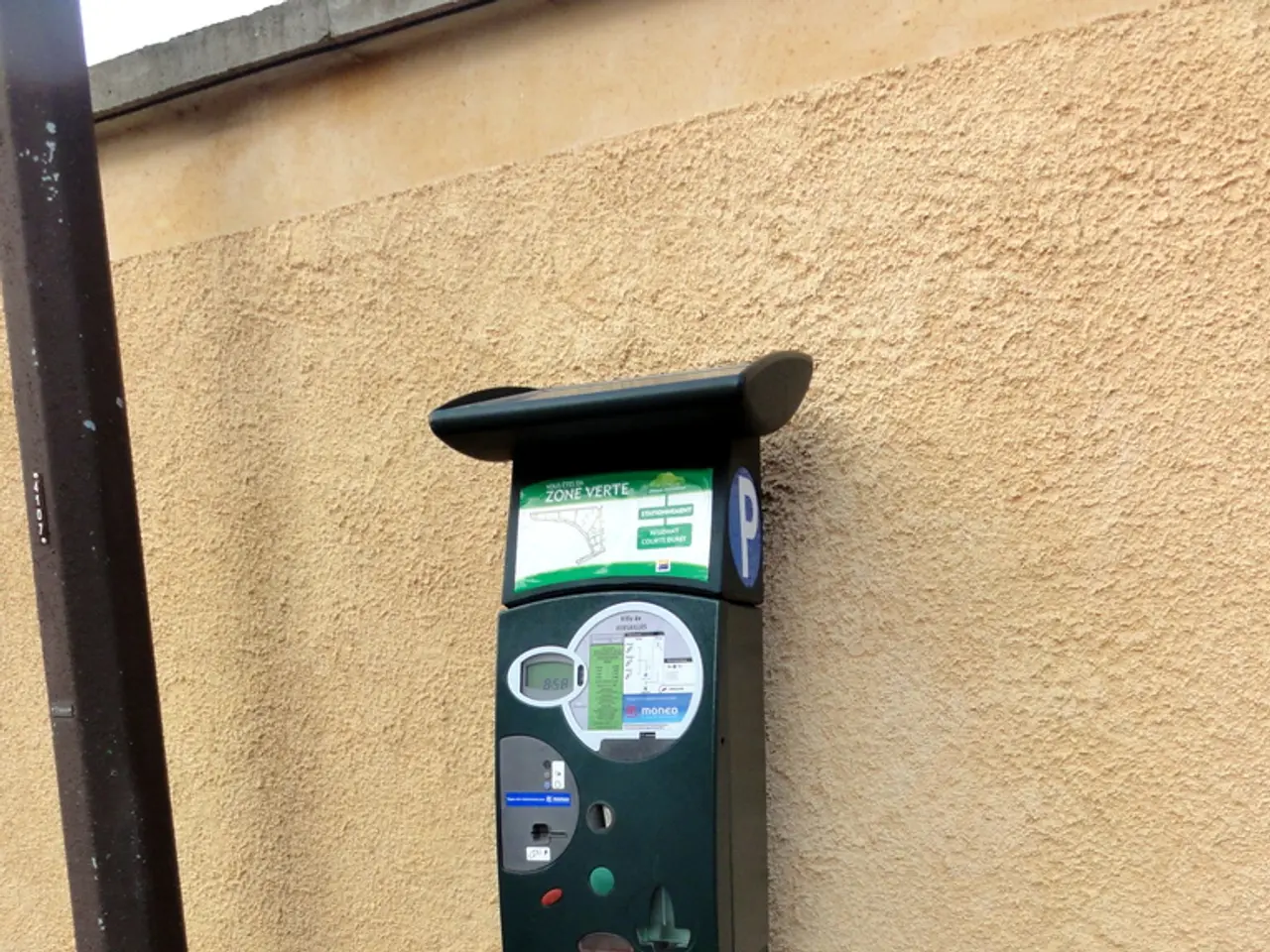Public fund recipients ought not to prioritize gender matters
Culture Minister's Gender Language Ban Sparks Debate in Germany
A controversial decision made by Culture Minister Wolfram Weimer has sparked a debate in Germany, as he has banned the use of gender-inclusive language with special characters in official communications within his ministry.
Weimer justifies this ban as an effort to preserve the "beauty" of the German language and criticizes what he calls "guardive language education" that divides society. However, his stance has been met with criticism from various parties, including Sven Lehmann, Misbah Khan, and the German Journalists' Association, who argue that it potentially restricts free cultural institutions and attacks the freedom of art and culture.
Weimer's proposal to publicly funded institutions such as museums, foundations, and broadcasting to adopt a gender ban in their official communication has also been met with opposition. Mika Beuster, DJV chairman, believes that it is none of a culture minister's business whether editorial departments of public broadcasters and Deutsche Welle use gender-inclusive language.
Gender-inclusive language advocates argue that it promotes more inclusive speech that actively recognizes diverse groups. On the other hand, opponents, including Weimer, claim it complicates and grammatically distorts the language.
The controversy ties into broader discussions in Germany about gender language in public institutions such as schools and broadcasters like ARD and ZDF, where some see gender-inclusive language as necessary for inclusivity, while others view it as unnecessarily complicated or performative. Notably, political figures such as Bremen Mayor Andreas Bovenschulte have called for moderation and respect for individual language preferences, reflecting the tension between cultural tradition and evolving language norms.
Weimer has recently prohibited the use of gender-inclusive language with special characters in official correspondence within his own department. He recommends this line to all institutions that work with public funds, and institutions that do not comply with his proposals risk losing relevant funding, according to Khan.
Bavaria followed in spring 2024 with a ban on "gender language with special characters for gender specification" in authorities. Thuringia instructed its state authorities to refrain from "grammatically incorrect gender language" at the end of 2022.
Weimer, however, defends his position, stating that enforced gendering does not reflect how the majority in Germany speaks and deepens a societal divide. He has also clarified that, privately, everyone is still free to "express themselves as they wish."
The debate continues, with both sides presenting their arguments and concerns. The future of gender language in official communications in Germany remains uncertain, as the issue continues to be a hot topic of discussion.
- The debate over gender-inclusive language extends beyond the Culture Minister's department, as public institutions like museums, foundations, and broadcasting are being encouraged to adopt similar bans, sparking controversy.
- In a move that aligns with Weimer's stance, Bavaria enforced a ban on gender language with special characters in authorities in spring 2024, while Thuringia instructed its state authorities to avoid grammatically incorrect gender language at the end of 2022.
- The controversy surrounding the use of gender-inclusive language in politics, business, general news, and even crime-and-justice sections is a reflection of the ongoing tension between cultural tradition and evolving language norms in Germany.




